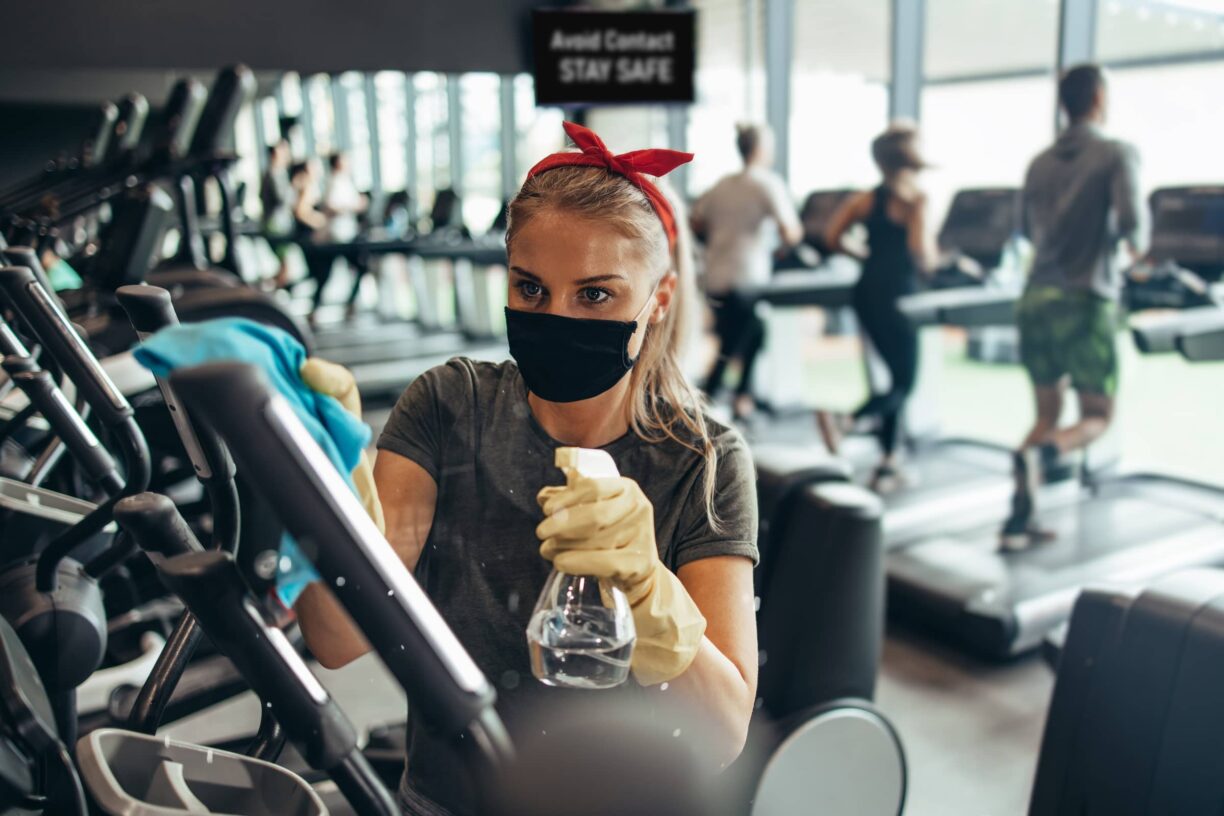Abstinence isn’t just about willpower—it’s about having the right people in your corner. Addiction is messy, complicated, and rarely tackled alone.
The real game-changer? A solid support system that knows exactly what you’re up against and won’t let you slip through the cracks.
Blending different treatment methods in recovery isn’t just a box-ticking exercise—it’s what makes a real difference. A holistic approach gives people the tools to rebuild their lives properly. Understanding how it all fits together? That’s the key to long-term healing.
The Foundations of Comprehensive Recovery
Comprehensive recovery care starts with an assessment that looks into the physical health and emotional well-being of the person as well as their social support needs.
Understanding the reasons for addiction and any related disorders is crucial in creating comprehensive treatment strategies.
These strategies include a blend of physical therapies, medical treatments, and supportive networks to facilitate a journey toward recovery.
Detoxification and Medical Support
At the start of the recovery journey is detoxification – a phase where people cleanse their bodies of substances under supervision for safety, comfort, and assurance.
Healthcare experts administer medications to ease withdrawal symptoms and keep tabs on signs to avoid complications and set the stage for therapeutic treatments.
Therapeutic Interventions
Recovery care relies heavily on therapy as a central component where various techniques, like Cognitive Behavioral Therapy (CBT), focus on recognising and altering thinking habits.
Dialectical Behaviour Therapy (DBT), on the other hand, emphasises coping with emotions and managing stress effectively.
Group therapy creates a supportive environment for individuals to connect with others in similar situations and learn from each other.
Holistic and Alternative Therapies
Many rehabilitation programs offer alternative approaches, alongside treatments, to support recovery efforts comprehensively.
Yoga and meditation play a key role in encouraging mindfulness and relaxation while effectively managing anxiety and enhancing concentration levels.
Art and music therapy serve as channels to express emotions freely without words and contribute to healing.
Acupuncture and massage therapies are utilised to release tension and promote wellness for individuals undergoing recovery.
Building a Supportive Environment
Having a nurturing setting is essential during the healing process. Family counselling sessions help loved ones grasp addiction better and enhance levels.
Family members’ participation usually bolsters the support network, which improves the chances of maintaining abstinence.
Support groups led by peers adhering to a 12-step approach provide motivation and responsibility. These associations strengthen the resolve to remain sober and tackle life’s obstacles collaboratively.
Developing Life Skills
Building life skills is a crucial piece of the recovery puzzle. Many programmes offer workshops on everything from managing money and prepping for jobs to nailing everyday communication.
Acquiring these skills empowers individuals to rebuild their lives and maintain independence. Practical training prepares them to face real-world challenges without resorting to substance use, fostering long-term stability and resilience.
Aftercare and Relapse Prevention
Finishing a program is not the conclusion of the recovery journey. Care and strategies to prevent relapse are critical aspects to consider.
Regular therapy sessions and attending support group gatherings play a major role in keeping individuals motivated toward their objectives.
Tailored plans for preventing relapse are designed to recognise triggers and establish coping mechanisms. Being actively involved in recovery communities helps individuals strengthen their dedication to a life free from substance abuse.
The Role of Technology in Recovery
In today’s world of healing and rehabilitation, technology plays a major role. Online Virtual counselling breaks down barriers, offering counselling without the hassle of travel or distance getting in the way.
Smartphone applications offer tools like meditation guides and mood trackers to aid individuals in coping with stress and controlling cravings.
Online forums serve as virtual meeting places where people from different locations can connect and exchange their stories.
Measuring Success in Recovery
Achieving success in recovery goes beyond avoiding substances; it also means finding balance and fulfilment in life.
Signs of progress can be seen in physical well-being, stronger connections with others, and a boost in self-confidence.
Recovery programs assess success not just by development but also by how well individuals handle life’s difficulties without turning to substances.
In Summary
Comprehensive recovery care offers a pathway to abstinence that addresses the complexities of addiction. By integrating medical support, therapeutic interventions, holistic practices, and ongoing support networks, individuals gain the tools necessary for sustained recovery.
This multifaceted approach not only aids in achieving abstinence but also empowers individuals to lead fulfilling, purpose-driven lives.
Embracing comprehensive care strategies can transform the recovery experience, paving the way for brighter futures.





